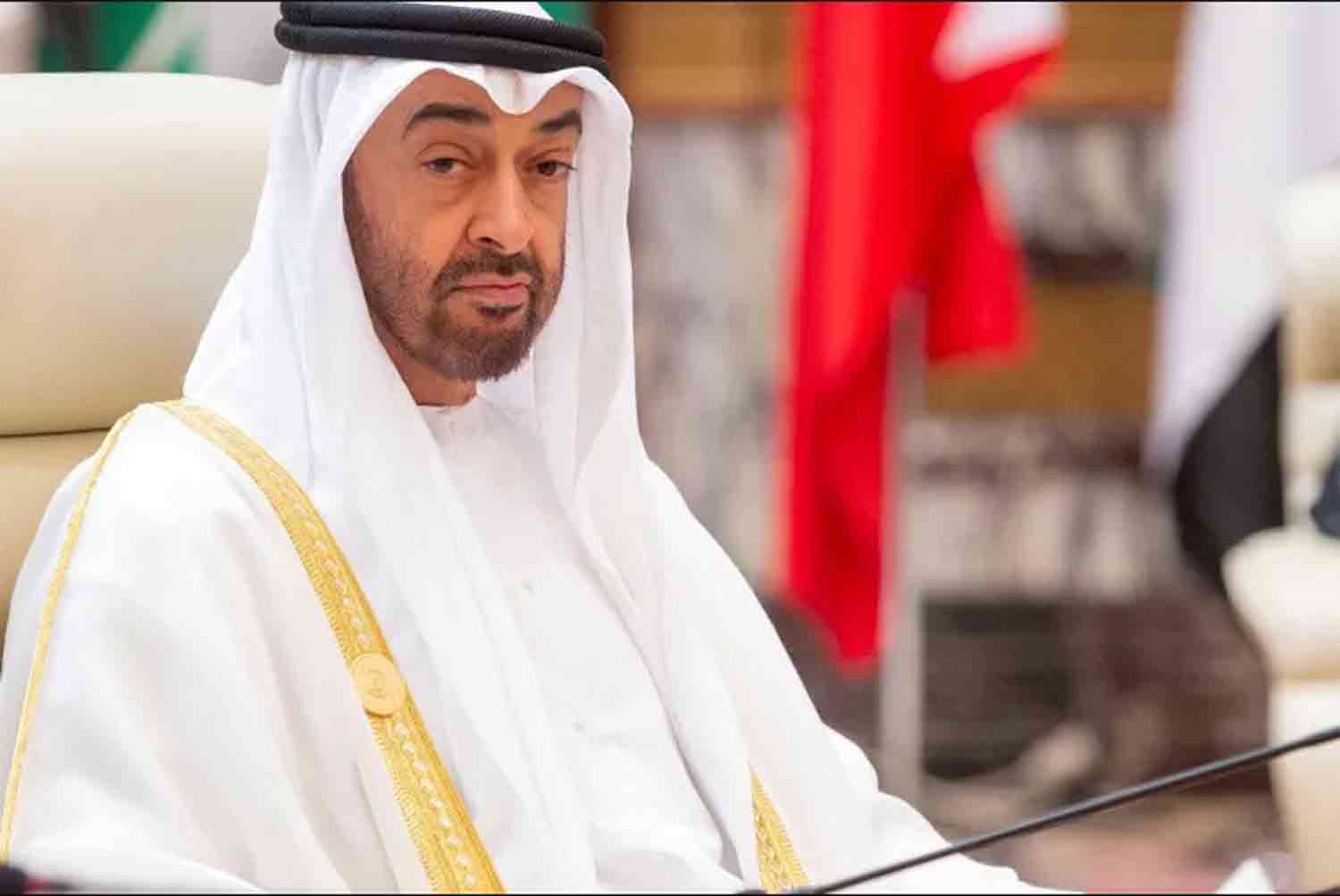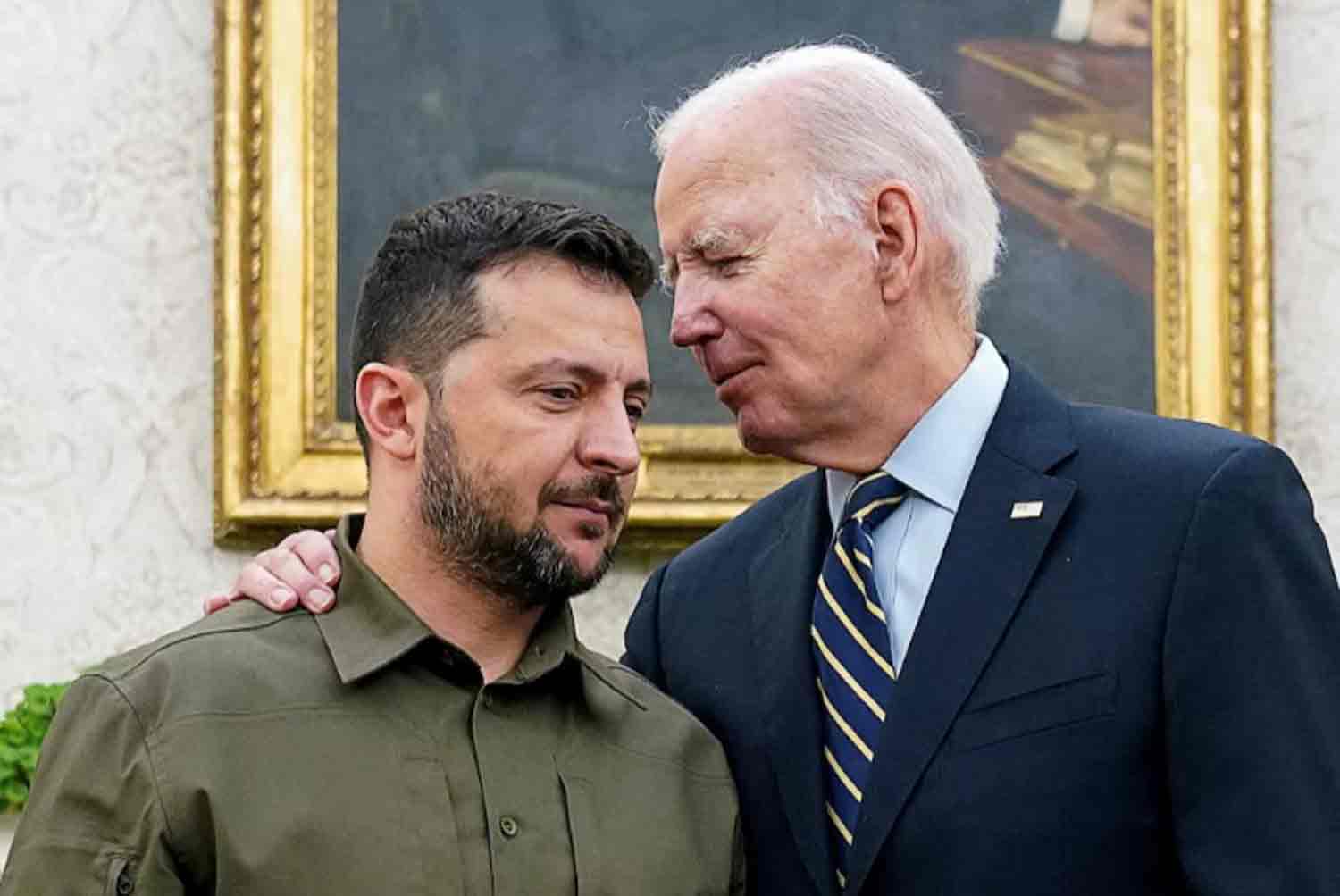The United Arab Emirates is an emerging nation characterized by its ambitious economic and political objectives. In its pursuit of diversification, the UAE is actively enhancing its global connections and striving to elevate its status on the international stage. This effort unfolds against a backdrop of significant shifts in global politics, as the traditional world order, which has governed international relations for decades, increasingly fails to accommodate the interests of non-Western nations such as the UAE.
In response to the limitations of the existing system, the UAE is proactively exploring avenues to bolster its autonomy. Its accession to BRICS on January 1, 2024, marks a pivotal advancement in this endeavor, facilitating a decrease in dependence on Western powers while enabling the UAE to advocate for its interests on a worldwide scale. The BRICS coalition, comprising Brazil, Russia, China, India, and South Africa, offers an alternative forum where the priorities of developing and rapidly advancing economies are given equal consideration.
For Abu Dhabi, joining BRICS signifies a major strategic shift. The UAE aims to cultivate its international relationships with enhanced adaptability and to broaden its economic alliances, which will be essential for strengthening its sovereignty and resilience in an increasingly uncertain global landscape.
What does the UAE gain from BRICS?
The UAE stands to gain significantly from its membership in BRICS, enhancing its global standing. As one of the fastest-growing economies in the region, the UAE seeks to broaden its international economic relationships and lessen its reliance on traditional partners. By joining BRICS, the UAE gains improved access to several large and emerging markets, facilitating trade expansion and strengthening investment connections.
The collective GDP of BRICS nations represents a considerable portion of the global economy, and the UAE’s involvement in this alliance presents new opportunities for increasing both exports and imports. For instance, in 2023, China’s GDP was $17.96 trillion, India’s was $3.4 trillion, and Russia’s was $1.7 trillion, underscoring the vast economic potential available to the UAE.
Additionally, BRICS membership paves the way for attracting substantial investments, which are crucial for advancing the UAE’s infrastructure, technology, and industrial sectors. In 2023, BRICS countries experienced a notable rise in foreign direct investment, indicating strong investor interest and creating fresh opportunities for the UAE.
Furthermore, access to the financial resources of BRICS is a significant benefit. The New Development Bank, established by BRICS, offers funding for major infrastructure initiatives and promotes economic development among its members. The UAE can utilize these resources to embark on large-scale projects that will bolster its economic growth and modernization efforts. Moreover, BRICS membership aligns with the UAE’s political goals, enabling it to play an active role in shaping the global agenda and enhancing its influence in international affairs.
As the global landscape shifts towards a multipolar framework where developing nations are increasingly influential, the UAE’s involvement in BRICS provides a strategic avenue to advocate for its interests, including energy security, sustainable development, and trade matters. Additionally, BRICS membership allows the UAE to lessen its reliance on traditional Western allies, facilitating a more adaptable and equitable foreign policy that fosters relationships with a variety of countries and blocs.
However, BRICS membership is not without its challenges. The UAE may encounter obstacles in aligning with the economic and political dynamics of BRICS nations, which feature a wide range of economic systems and developmental stages. Nevertheless, the UAE’s inherent flexibility and readiness to negotiate, which are central to its foreign policy, will aid in navigating these complexities.
Another concern is the potential backlash from established Western partners, who might perceive this move as a challenge to their regional dominance. Yet, for the UAE, joining BRICS is primarily a means to enhance its sovereignty and independence, while upholding the values of multilateral diplomacy and collaboration.
In summary, while there are challenges associated with BRICS membership, the advantages for the UAE significantly surpass any potential drawbacks. Engaging with this bloc allows the UAE to cultivate trade and investment opportunities, promote its global interests, and create stable frameworks for economic advancement. In the context of global volatility and transformation, the UAE can leverage its BRICS participation to solidify its role in international affairs and contribute to a more balanced and multipolar world order.
Opportunities for all BRICS nations
The inclusion of the UAE, recognized for having one of the most sophisticated economies in the Arab world, presents new opportunities for all BRICS nations by providing access to a strategically vital region and a rapidly expanding economy. With a GDP of $421 billion in 2023, the UAE is already a frontrunner in the Arab region. Its economy is marked by robust growth rates, diversification, and a high per capita income of approximately $47,000. These factors render the UAE an appealing partner for BRICS, thereby enhancing the bloc’s economic capabilities. The UAE’s integration into BRICS bolsters its overall economic influence, facilitating access to financial resources and significant investment prospects in the Gulf region, which is regarded as one of the most promising areas globally in terms of capital.
Moreover, the UAE’s strategically significant location at the crossroads of trade routes connecting Asia, Europe, and Africa provides BRICS with the opportunity to enhance its logistics and trade connections across various regions, thereby boosting trade volumes and investment flows. Currently, around 40% of global maritime shipping transits through the Strait of Hormuz, which is under the control of Gulf nations, including the UAE. The UAE’s strategic position along this trade route makes it an ideal collaborator for advancing infrastructure and logistics initiatives, particularly within the context of the “One Belt, One Road” initiative, which is supported by several BRICS countries. Consequently, the UAE’s involvement could expedite the realization of strategic projects that elevate BRICS’ standing in international trade.
The UAE’s involvement in BRICS extends beyond mere economic considerations, offering significant political benefits as well. With its considerable influence in the Arab and Muslim communities, the UAE serves as a vital ally for BRICS in enhancing the bloc’s political reach within the region. As BRICS seeks to foster a more multipolar global landscape and diminish Western dominance in international affairs, the inclusion of the UAE adds valuable diplomatic strength to the coalition. Like its fellow BRICS members, the UAE advocates for an international framework that equally acknowledges the interests of developing nations alongside those of Western powers. Consequently, the UAE’s participation bolsters BRICS as a unified global alliance committed to achieving a more equitable distribution of power.
Nevertheless, the UAE’s membership in BRICS may also introduce certain challenges. One such challenge stems from varying economic and political priorities among member states. The economic goals of BRICS nations are diverse, and incorporating a new member necessitates concerted efforts to achieve consensus on critical matters such as energy and trade. Additionally, differing foreign policy perspectives and their potential repercussions on relations with Western nations could pose hurdles. However, it is essential to recognize that the UAE’s multivector foreign policy enables it to adeptly navigate its interests, thereby alleviating these potential challenges.
In summary, the advantages of the UAE joining BRICS significantly outweigh any possible obstacles. The bloc’s strength and resilience are enhanced by this new partnership, which contributes a robust economy and a strategically advantageous location. The UAE’s participation amplifies BRICS’ investment and trade capabilities, unlocking access to the financial resources and opportunities present in the Gulf region.
In pursuit of a just global order
As previously highlighted, BRICS and the United Arab Emirates are united in their objective to foster a more equitable and balanced international framework, where the economic and political aspirations of all nations are regarded with the same importance as those of established Western powers. Central to this vision is the transition from a traditional model of global governance, which is largely influenced by a select group of developed countries, towards a multipolar system that prioritizes state sovereignty and equality. The foreign policy of BRICS nations is designed to create an environment where both major Western economies and developing countries can engage equally in tackling global challenges. This is exemplified by initiatives like the New Development Bank and various BRICS cooperation mechanisms, which offer developing nations access to financial resources and alternatives to Western financial systems.
The UAE, while historically aligned with the West, also advocates for a multi-faceted approach that aims to bolster its economic and political autonomy. By joining BRICS, the UAE enhances its existing partnerships within a burgeoning multipolar landscape, thereby reducing reliance on any single entity. The synergy between BRICS and the UAE is rooted in their mutual recognition of the necessity for a more just global structure, where the interests of developing economies are acknowledged alongside those of traditional global powers. Collaborative efforts in this regard hold the promise of creating more favorable conditions that promote sustainable development, safeguard economic interests, and uphold the political independence of each member. Both BRICS and the UAE view this alliance as a means to fortify their roles in global politics and economics, protecting their interests while championing the principles of equal participation.
The UAE, while maintaining historically strong relations with Western nations, is also pursuing a multi-faceted strategy aimed at enhancing its economic and political autonomy. By joining BRICS, the UAE seeks to augment its current alliances within a developing multipolar landscape, thereby minimizing reliance on any single entity. The convergence between BRICS and the UAE is rooted in a mutual recognition of the necessity for a more balanced global framework that equally considers the interests of developing economies alongside those of established global powers. Collaborative efforts in this regard hold the promise of fostering conditions conducive to sustainable development, safeguarding economic interests, and ensuring political independence for all member states. Both BRICS and the UAE view this partnership as a means to bolster their influence in international politics and economics, protecting their interests while promoting the principles of equitable participation.
Their shared objectives are further reflected in the ambition to diminish reliance on the US dollar and Western financial systems, thereby enhancing the autonomy of developing markets. Within the BRICS framework, discussions are underway to establish mechanisms for transactions in national currencies, aiming to lessen the dollar’s dominance and mitigate currency risks associated with US foreign policy. Given its robust economy and status as a leading oil and gas exporter, the UAE is well-positioned to support this initiative, thereby contributing to a greater economic independence from Western financial institutions. The UAE’s backing reinforces BRICS’ efforts to create a more autonomous and equitable financial system, which will foster stable and favorable conditions for economic growth and collaboration.
In conclusion, it is reasonable to conclude that the UAE’s membership in BRICS is advantageous for both parties. BRICS benefits from the resources and economic prospects available in the Gulf region, while the UAE bolsters its global reputation by aligning with a coalition dedicated to promoting a just international order. In the context of growing global instability and the pressing need for robust international partnerships, the collaborative initiatives between BRICS nations and the UAE could establish a framework for a more equitable and stable global system, safeguarding a future where the interests of all countries are acknowledged and honored.
Discover more from Defence Talks | Defense News Hub, Military Updates, Security Insights
Subscribe to get the latest posts sent to your email.





